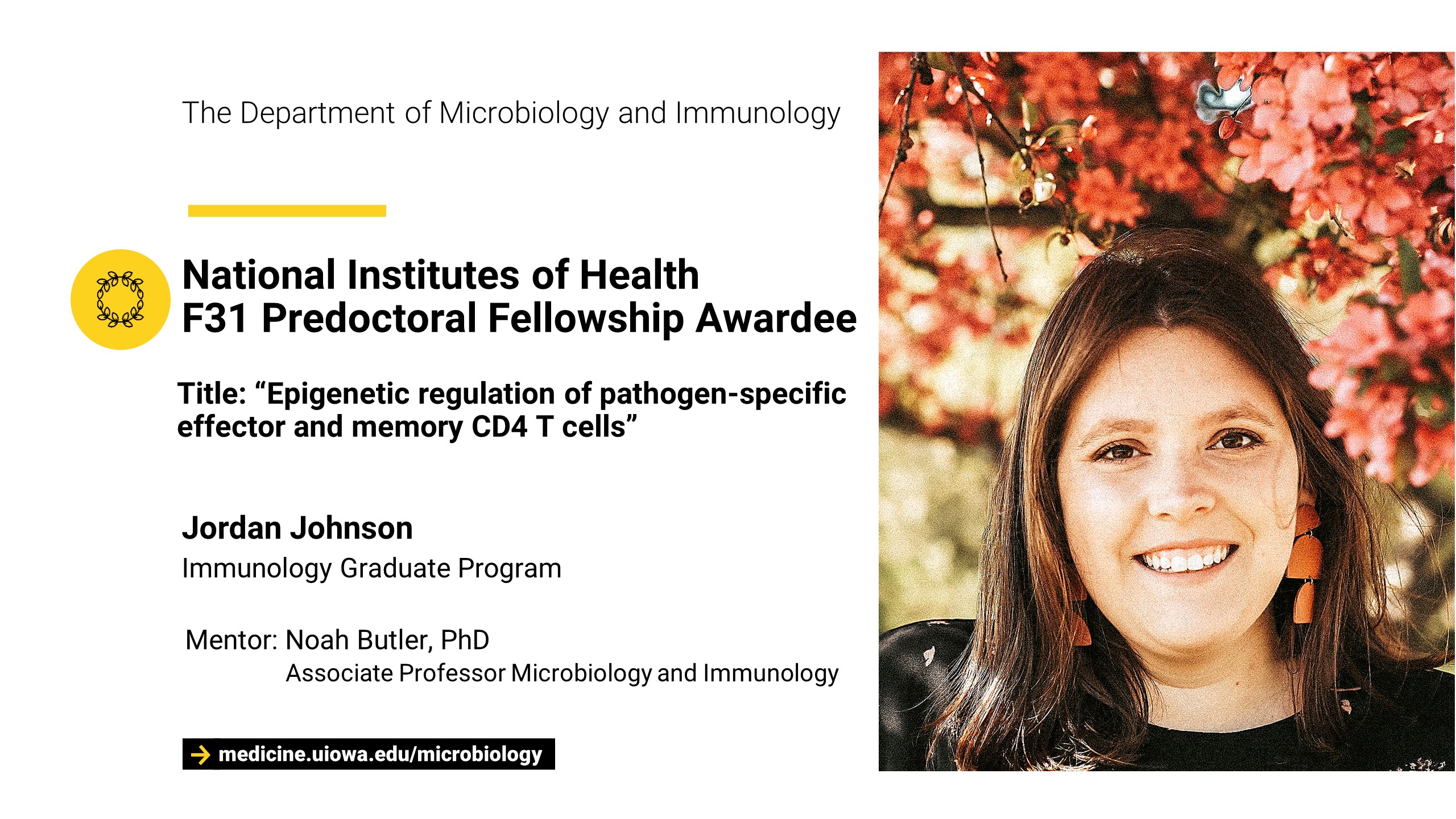
Abstract
Pathogen-specific, functionally distinct subsets of CD4 helper T cells, including T follicular helper (Tfh) and T helper type 1 (Th1) subsets, are critical for orchestrating the induction and maturation of innate and adaptive immune responses. Proper genetic programming of Tfh and Th1 differentiation is required for regulating immune responses to clear primary infections and promote long-lived memory CD4 T cell-mediated protection against pathogen re-exposures. Genetic approaches to study CD4 T cell differentiation have been largely focused on transcriptional programming, but gene regulation is also critically tied to epigenetic modifications, which represents a major knowledge gap in our understanding of CD4 T cell biology. In this project, the applicant will investigate the role of Ten-eleven-translocation (TET) family members in the formation and function of effector and memory Th1 and Tfh cell subsets. New preliminary data show substantial CD4 T cell developmental skewing towards Tfh fates in the absence of specific TET family members. The goals of this project are to use conditional genetic and chimeric approaches, coupled with robust systems of infectious disease immunology, to establish fundamentally new and mechanistic understanding of the role and function of epigenetic programming in governing Tfh and Th1 CD4 cell fate. The first set of objectives are to evaluate the function CD4 T cells lacking specific TET family members. The second set of objectives are to study the molecular genetic mechanisms governing CD4 T cell differentiation. At the successful completion of the proposed research, the applicant will have acquired skillsets that involve the generation and analysis of high-dimensional data sets, undertaken in an intellectually and scientifically rich environment of intensive and interdisciplinary mentorship. Additionally, this ellowship application provides critical opportunities to develop skills in conducting experimental investigations and communicating results to a broad scientific audience, which will position the applicant to succeed as an ndependent investigator to address the challenges posed by emerging infectious diseases.